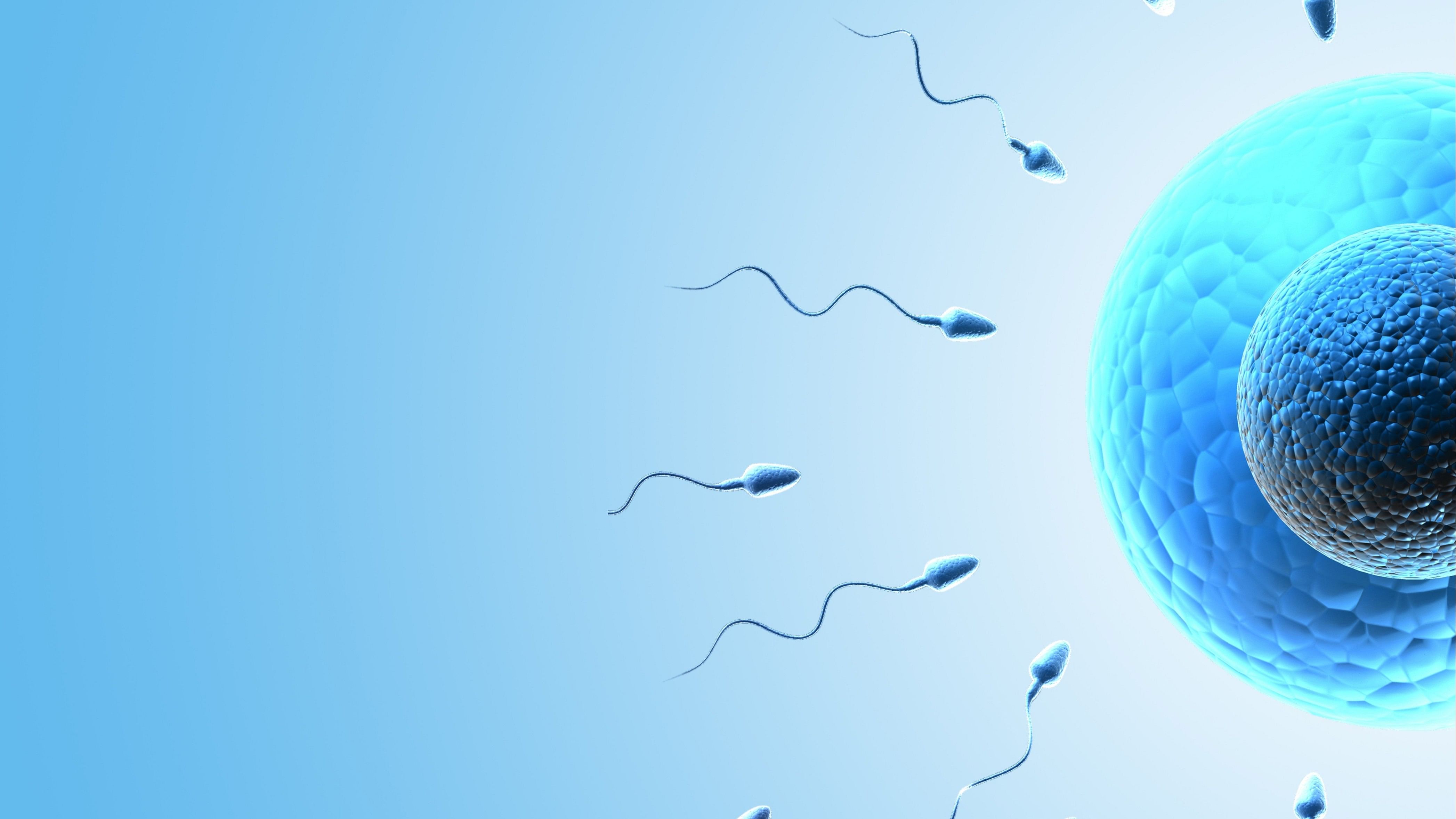
IVF image for representation.
Credit: iStock Photo
Parenthood is a beautiful journey that most couples endeavour to take. However, not all are as lucky to conceive naturally. Some have to take the more difficult path of In vitro fertilisation (IVF). The medical journey for such parents is challenging and arduous but ultimately rewarding. Read on to know more about the physical and emotional challenges you might have to navigate as you take on this sojourn with tips from experts to help you sail through.
Basics about IVF
IVF is one of the best ways to have a biological baby if natural conception is impossible. Today, one in eight women go through IVF to conceive. Dr Mridula Raghav, an infertility specialist at Nimaaya Hospital in Surat, explains the process. “An IVF cycle takes about 4-6 weeks from start to completion. It begins with hormonal injections that are given on the second day of the cycle till the eggs are ready for retrieval. Once the eggs are ready for retrieval, a trigger shot is given and eggs are collected under anaesthesia through sonography guidance. Once this is done, your doctor may prescribe certain painkillers.” It is common to require more than one IVF cycle before successful implantation takes place.
Having hormonal injections can lead to many bodily and emotional changes, and it is best to be prepared for it.
The physical preparation
The preparation stage starts a few weeks before the IVF cycle. You need to make small lifestyle changes to ensure you are at your healthiest so the body can conceive and have the least side effects.
Nutrition & hydration
Proper nutrition is a must for both partners to create and carry the baby. There is not one perfect fertility diet, but having a diet rich in fibre and protein is a must, says Dr Mridula. It helps safeguard the sperm and eggs from oxidative stress. Include plenty of healthy unsaturated fats, nuts, seeds, legumes, and olive oil in your food. It is best to choose lean proteins like poultry and fish, add fresh fruits and vegetables to your meals, and switch to low-fat dairy products. Smoking and drinking alcohol is a definite no, says Dr Mridula.
Water is equally important for the proper functioning of the body. It helps hydrate cervical mucus, develop uterine lining, and ensure optimal egg quality, to name a few. Try to drink about half your body weight in ounces a day.
Sleep
Healthy sleep habits are essential for general health and optimal reproductive health. Having 7-9 hours of good quality sleep normalises the brain chemistry and hormones return to baseline level, which is necessary for successful conception. Dr Mridula adds, “Sleep has been known to impact the circadian rhythm of hormone secretion. Inadequate sleep can also induce stress in the body and release free radicals, which can impact the quality of gametes and fertility outcomes.”
Physical activity
Moderate levels of physical activity benefit fertility. They help balance hormones, reduce stress levels, and increase blood circulation. Dr Mridula recommends, “A 30-45 minute brisk walk or yoga. However, it is best to avoid jumping exercises as your ovaries are quite big when stimulated and jumping, heavy-intensity workouts can at times lead to torsion of the ovaries, which is a serious complication.”
Emotional well-being
While being physically ready is essential for IVF treatment, it is equally critical to be mentally strong. The emotional landscape of IVF is a kaleidoscope, each cycle shattering and reforming with a new turn of the syringe. It is best to be prepared for disappointments and the emotional upheavals caused due to hormonal changes. Dr Rashi Agarwal, a resident doctor at the Department of Psychiatry, LLRM Medical College Meerut, says, “Couples go through a lot of stress and turmoil during the whole procedure of IVF. One may experience mood swings, discomfort in the body along with fear, and anxiety about the process. Even your partner might go through emotional exhaustion, financial constraints, and irritability about the indefinite time frame of the process as well as the health of both the partner and the unborn child.”
Communication is pivotal while dealing with these issues. Dr Rashi recommends having open conversations with each other about your fears and apprehensions. Form a family and friends support group to help overcome this tough phase. Talk to your doctor at length about the procedure and clarify all doubts. Once armed with all the knowledge, it will prepare you better for what lies ahead. Also, consider counselling or therapy for additional emotional support. Lastly, have a positive outlook and practice mindfulness through meditation, acupuncture, massage therapy, and journalling. There are many IVF support groups that can be great resources and stress busters during this time.
Embarking on the path of fertility treatment can be both rewarding and challenging. As you prepare to welcome a new life into the world, your health must be at its best, both physically and emotionally. With the roadmap for the journey ahead chalked out, it’s time to take action. Seek support from loved ones and professionals, and, most importantly, be kind to yourself. With every step you take, you get closer to building the family you’ve always envisioned.